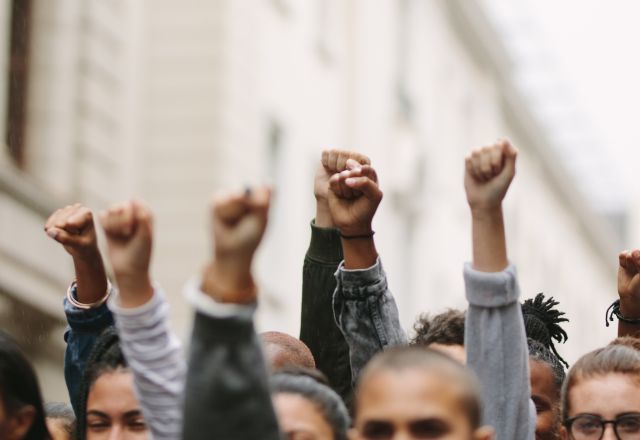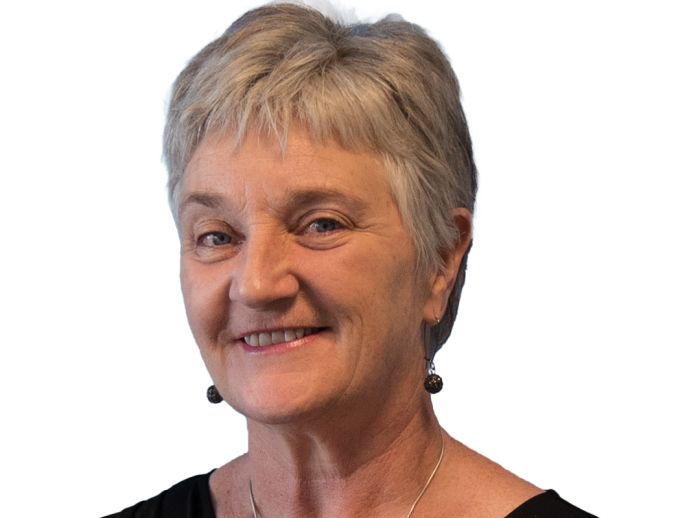
A new social settlement is needed to tackle gross inequality.
The Oxfam Inequality Report is launched annually to coincide with the opening of the World Economic Forum summit in Davos, Switzerland, an annual gathering of the rich and influential. The contrast works.
Oxfam’s latest report, Inequality Inc, makes the link between wealth inequality and power inequality. It very effectively contrasts the gap between those in Davos, and those for whom hardship and hunger are a daily reality. This extent of power inequality is described (by Bernie Saunders in the foreword of the report) as a ‘global oligarchy’.
Oxfam describe an uber-capitalist system which rewards greed and profiteering and where monopoly power works as an unrelenting inequality-generating machine. But such power is derived from laws and political decisions that are man-made.
What might seem inevitable, or even common sense, is really a political decision that can be democratically unmade, reversed, reformed or reregulated. A new social settlement is needed to redistribute wealth, power, work, income, time, care for a more equal society and economy.
Oxfam (2024) contrast how, in the same time period, that the richest five men in the world doubled their fortunes almost billion people globally became poorer. Men own 50 per cent more of the world’s wealth than women. The 22 richest men in the world have more wealth than all the women in Africa. The 2022 report highlighted how a new billionaire emerged every 30 hours during the Covid-19 pandemic, the same time it took nearly a million to fall into extreme poverty.
None of this happens by accident. Corporations and their rich owners are driving inequality and they will not stop without a radical redistribution of power. This means effective controls and regulation. We need institutional imagination to see how our contemporary model of financialised capital can be different.
What we have now not only creates inequality but also causes environmental destruction, loss of biodiversity and global warming. Inequality, itself unequally experienced across different groups in society and between nations, inequality intersects with the ecological crisis. It increases wants and fuels consumption among the wealthy in the Global North.
At the same time inequality leaves people in the Global South, particularly women and girls, vulnerable to poverty and ill-equipped to meet the challenges that climate change is already presenting.
Inequality is a core aspect of the ecological crisis. We know all we need to know about the corrosive impact of economic inequality, it leads to worse social outcomes even in rich countries, it devastates poor countries, and directly correlates with increased emissions and global warming, Once basic needs are met, increasing material wealth does not increase wellbeing. Reducing inequality will contribute to climate sustainability.
Concentration of capital creates powerful interests that, despite the clear knowledge that it drives carbon emissions, maintain policies drive growth and emissions. The extreme global inequality in wealth means the world’s richest one per cent have more than twice as much wealth as almost half of humanity.
Trillions of dollars of wealth are concentrated in the hands of a very small group, predominantly men. The eight richest men in the world are all part of global media corporations with capacity to influence our ideas, democracies, and daily lives. Increasingly, algorithmic forms of advertising through social media drives humanity to consume insatiably beyond need and planetary limits.
The Share Our Wealth movement began in the US in 1934, during the Great Depression. Huey Long, a left-wing governor from Louisiana made a national "Share Our Wealth’ speech on radio calling for massive federal spending, a wealth tax and wealth distribution.
Millions mobilised joining local “Share Our Wealth” clubs and influenced the content of Roosevelt’s Second New Deal. In November 1998 a Share the Wealth rally was organised in Ireland by seven national networks engaged in combating poverty; the Irish National Organisation of the Unemployed, Irish Rural Link, One Parent Exchange and Network, the Irish Traveller Movement, the Community Workers Co-operative, the European Anti-Poverty Network, and the Forum of People with Disabilities.
They protested then about the national disgrace of poverty in the midst of a booming economy, and to demand the basic rights and a decent and just society. In 1998 at the dawn of Ireland’s Celtic Tiger, speakers at that Dublin rally had to remember how many nougats were in a billion.
Such is the concentration of wealth, Oxfam’s 2024 report describes how we could have our first trillionaire in 10 years. A trillionaire is 12 nought $1,000,000,000,000, a billionaire is 9 noughts, $1,000,000,000. Yet many of us still think in terms of millionaires (6 noughts $1,000,000). While it is hard to imagine such wealth, it is even harder to imagine how much power this gross inequity of wealth can purchase.
A new social settlement – reimagining the state and market for a more equal world.
Late 1940’s post-war settlements are associated with more redistributive welfare states that made citizens less dependent on the market. But we now live in a more interdependent world. What can we learn from the Share Our Wealth movement that began in the US in 1934 and so influenced campaigns in Ireland at the end of the last century?
That it is possible not just to imagine but to also create a better world. As Oxfam argue, runaway corporate power and extreme wealth have been contained and curbed in the past and can be again. This report outlines concrete, proven and practical ways to make the economy work for all of us. A strong and effective state is the best bulwark against corporate power, a state that regulates corporations and reinvents and repurposes the private sector, re-embedding markets to serve the interests of the many, and to work for the common good.
Oxfam Ireland demonstrate how Ireland´s richest two Irish billionaires have more wealth than the bottom half of the population, and how the richest 1% hold 35.4% of Irish financial wealth. They show how a progressive wealth tax on Irish millionaires and billionaires could generate up to €9.2 billion a year. An Irish social settlement would tax extreme wealth, regulate corporations and re- embed the market to work for us all.

The Chair of Oxfam Ireland’s Board, Prof. Mary Murphy, here shares her thoughts on the publication of our 2024 Davos report LINK. Mary Murphy is Head of Department and Professor in the Department of Sociology, Maynooth University, with research interests in ecosocial welfare, gender, care and social security, globalisation and welfare states, and power and civil society. She is currently a member of the Council of State in Ireland.
